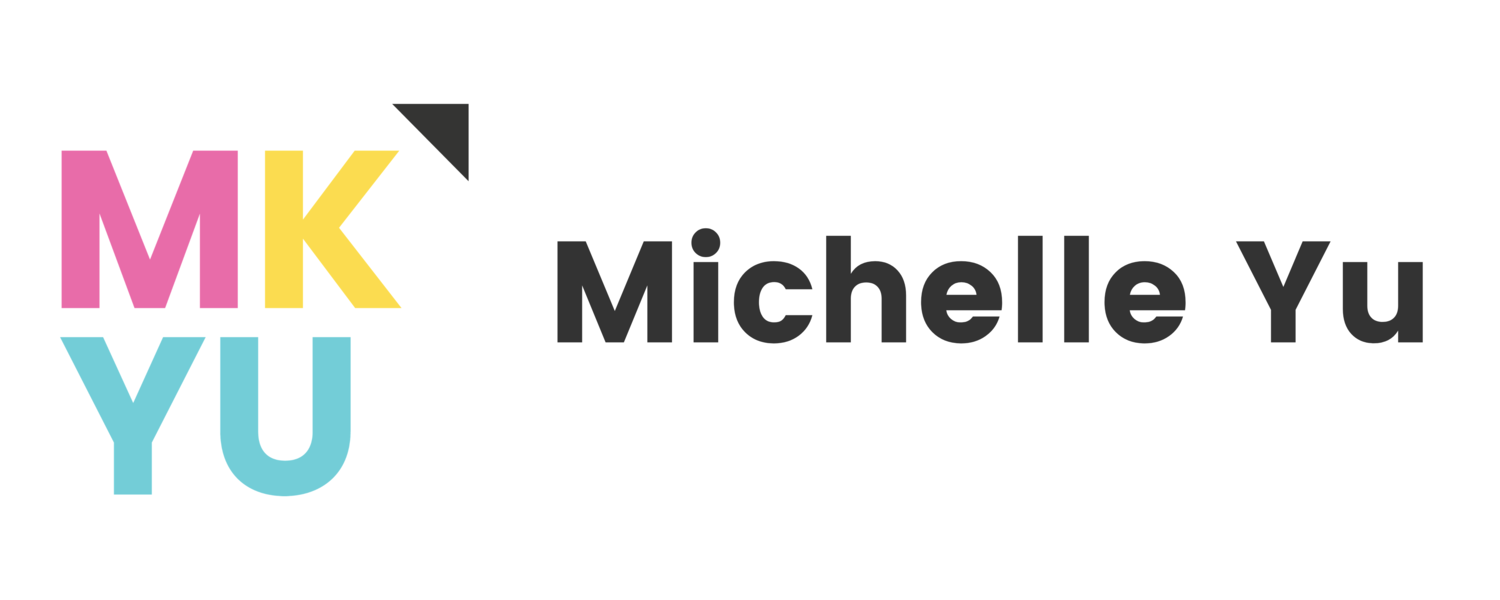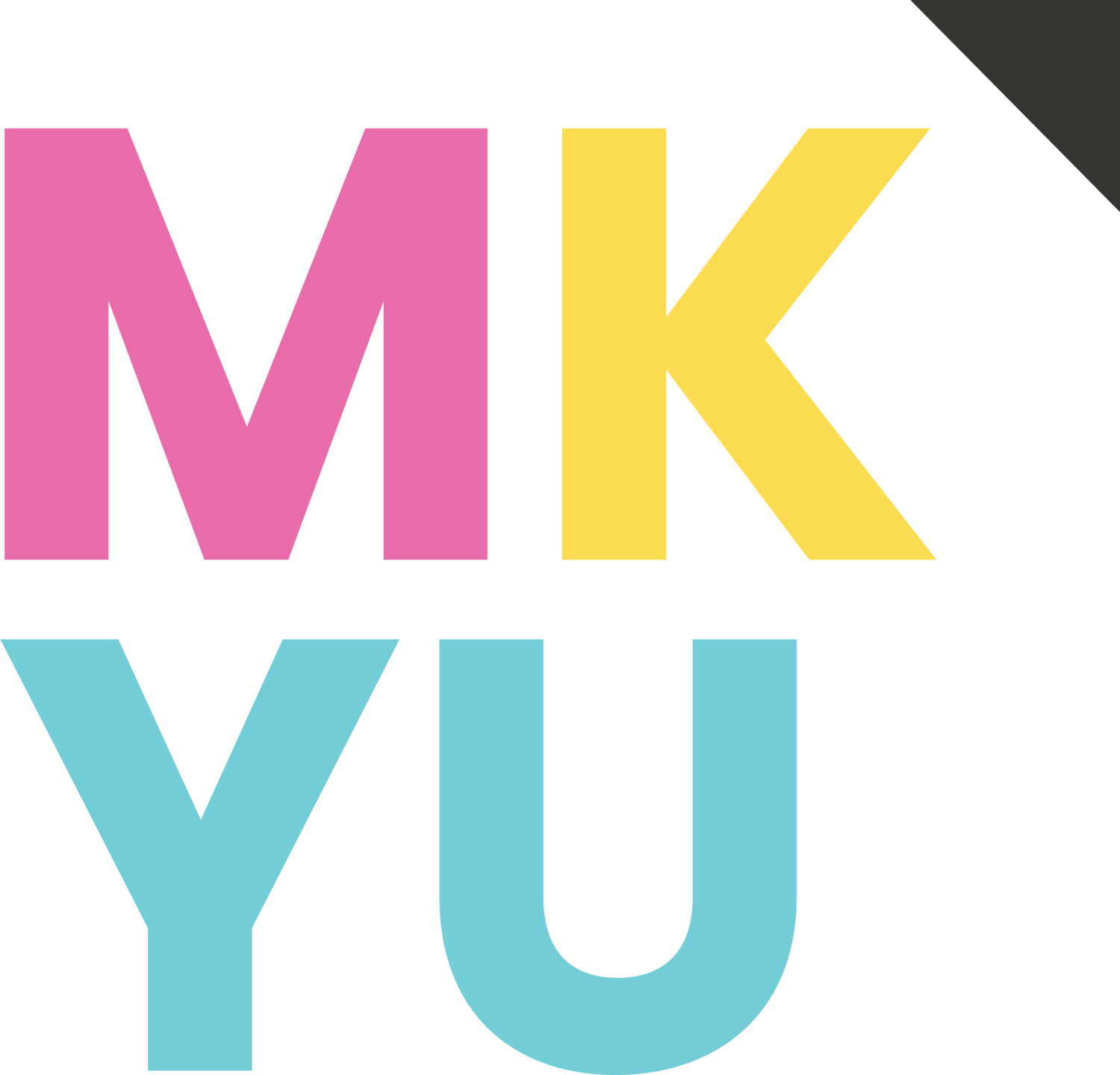Healing, Inner Work & Growth
As we come to the close of 2021, I reflect back about how much inner growth and inner healing I’ve accomplished, in which I am incredibly proud. I’ve allowed myself to slow down, so that I could confront what has been holding me back, and allow myself to heal, rebuild and go fast later. I recognized I really needed to be able to do the “shadow work”, so that I could better serve myself, so that I could better serve my clients. I know that if I’m not willing to go there and explore the depths of my own pain, then there would be no way that I could take my clients there.
“As a coach, you can only take your clients as far as you are willing to go yourself. And believe me when I say, I’ve thrown myself into the super deep end of the shadows... only to come out seeing the light.”
In reading my previous post (Why I’m Breaking My Silence), I wrote from a place of pain, anger and hurt - and activation. Over the summer, I had spent time peeling it back, and getting back in tune with my inner sense of peace. It’s exhausting to be angry all the time, and it’s disempowering to be expending energy on a place that is not productive.
That’s when I recognized, some of my greatest work COMES from things that trigger me. I’ve come to appreciate ups and down, and especially the trigger work ;)
I think it’s important to mention and normalize the conversation of inner work; it’s a part of personal growth, and without doing it, people oftentimes stay where they are at.
So you wanna talk about the inner work?
Here are a few of the major shifts that I’ve had, which happened behind the scenes. I couldn’t have gotten here, without my own work (!), so shedding light on this especially to those who might be in a similar healing journey as me:
Catalysts and triggers are there to teach and show us something about ourselves. One day I was driving and it randomly hit me: what if all the AAPI hate crimes was simply a part of this journey of who I am unfolding to become? What if this was the catalyst that was needed to tip me over the edge to activate a part of myself that I had, for so long, kept dormant? When I started to think about it, how imperfectly perfect was this year, it gave me the ability to start doing this work that I love, that I had so long tucked away. It sounds almost absolutely crazy for me to say this, but despite how painful the Asian Hate movement was, I am grateful for the opportunity to bring this to the forefront, and for all the learnings. And because I am grateful, I have found peace.
Somatic Experiencing. I came across the framework of somatic experiencing (healing trauma through body work and embodiment), and it has changed my life. In better understanding our nervous systems, and bringing attention to our default fight, flight and freeze responses, we can better learn to control our emotional reactions and create our own sense of safety. This is especially important for underrepresented and marginalized groups, because it’s the perception to an event/treat that might signal to our brain fight/flight/freeze response, even if we’re not actually in danger. For example, this is why many people get re-traumatized when they see people like themselves getting mistreated and oppressed (perhaps an intergenerational trauma, inherited trauma or epigenetics). There’s trauma storied in the body that needs to be released.
It’s only through learning to regulate your body and nervous system that you’ll be able to actually think and feel safe. Which is why mindset & thought work combined with somatic & body work is so important (mind body connection!). Long story short, it takes it a step further from simply thinking the thoughts, to actually feeling the thoughts in your body. I might be losing some people here with this, as it’s hard to describe in a short paragraph, but this really helped me in creating safety for myself, especially after the hate crimes.
Re-parenting myself. As I started finding and identifying more mentors, allies, and colleagues in this line of work, it made me incredibly grateful to have people alongside me in the journey. But at the same time, it also made me sad and lonely realizing this was something I lacked growing up. For example, seeing friends with parents with coveted cool jobs, backgrounds, and influence, made me think how different I could have turned out if I had the same exposure.
I absolutely love my parents and am incredibly grateful for everything they have done for me, and am in no way trying to compare and despair. Plus, as child of immigrants, I know we’re taught and expected to “surpass” our parents given the resources we are given. I simply recognize that part of the healing process is knowing that even if my parents weren’t able to give me this, they tried their best, and I am fully capable of giving myself everything that I need. I can show up as the “strong parent” to myself (#reparenting).
Lastly, I’ve recognize that when it comes to DEI work, or any long term, systemic change management type work, i't’s super imperative to take care of yourself for the long run. I found I was getting so worked up, swept up into the thick of things, frustrated that change wasn’t happening quickly enough. Then it reminded me that I had to pause to better take care of myself too. Because this change isn’t going to happen over night, so you’re going to need save some gas in the tank! Plus, this work that I am attempting to do here (especially with underrepresented individuals breaking new boundaries in their careers) might come with decades and lineages of patterns that have been left untouched, so with that, we need to learn to be kind and patient with ourselves.
That is all for now. Thanks for reading!
xo,
Michelle
Books and resources that have immensely helped me this year (and can also help you!):
How To Do The Work: Recognize your Patterns, Heal From Your Past, and Create Your Self
My Grandmothers Hands: Racialized Trauma and the Pathway to Mending our Hearts and Bodies
It Didn’t Start With You: How Inherited Family Trauma Shapes Who We Are and How To End the Cycle
Right Within: How to Heal from Racial Trauma in the Workplace
The Body Keeps the Score: Brain, Mind and Body in the Healing of Trauma

